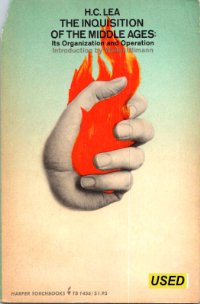By Marta Gionco and Jyothi Kanics
The European Union (EU) is founded on the values of respect for human dignity, freedom, democracy, equality, the rule of law and respect for human rights.8 The Treaty on European Union (TEU) underlines that these values are common to the Member States in a society in which pluralism, non-discrimination, tolerance, justice, solidarity and gender equality prevail.9
Yet, in recent years, these values have been under threat within the EU, as many Member States’ policies and actions have led to a “shrinking space” for civil society. Perhaps this trend is nowhere more evident than in the treatment of migrants in Europe and the human rights defenders working to assist them. The “criminalisation of solidarity” strikes at the heart of European values and contributes to the erosion of rule of law and democracy, while seriously impacting the rights and welfare of the most vulnerable in our societies and those who seek to protect and assist them. The criminalisation of solidarity with migrants remains a widespread phenomenon across the EU. According to our media monitoring, at least 89 people were criminalised in the EU between January 2021 and March 2022.10 Out of them, 18 people faced new charges, while the other 71 were ongoing cases from previous years. Four of them are migrants themselves. Three people were convicted and 15 acquitted, while all the other cases are still ongoing. People have been criminalised for actions including providing food, shelter, medical assistance, transportation and other humanitarian aid to migrants in dire conditions; assisting with asylum applications; and rescuing migrants at sea. In the vast majority of the cases (88%), human rights defenders were charged with facilitation of entry, transit or stay, or migrant smuggling (depending on how the crime is defined in the national legislation).11 It is also notable that the criminalisation of solidarity has continued, and in certain cases even soared (see section 1.2), during periods in which many countries adopted COVID-19 restrictions, at a time when human rights defenders risked their own personal safety and health to leave their homes to help others. Emergency measures adopted to address the COVID-19 pandemic have been used to limit access to reception facilities and detention centres, to impose fines on organisations providing services during lock-downs or after the curfew, and to limit the right to freedom of assembly. National data further contributes to give an idea of the magnitude of the criminalisation of solidarity in the EU. For example, according to the Polish civil society network Grupa Granica, nearly 330 people were detained for helping people crossing borders irregularly between Belarus and Poland between August and November 2021.12 Those detained include EU nationals as well as migrants and their family members, many of whom had residence permits in Belgium, Germany and Poland. Many are likely to have been motivated by humanitarian reasons, including helping family members. In another example, a total of 972 people were convicted in Switzerland in 2018 on grounds of facilitation of irregular entry or stay.13 The vast majority, almost 900 people, acted out of solidarity or family reasons.
Belgium, PICUM. 2022, 66pg





















